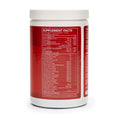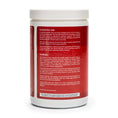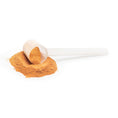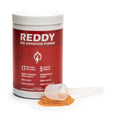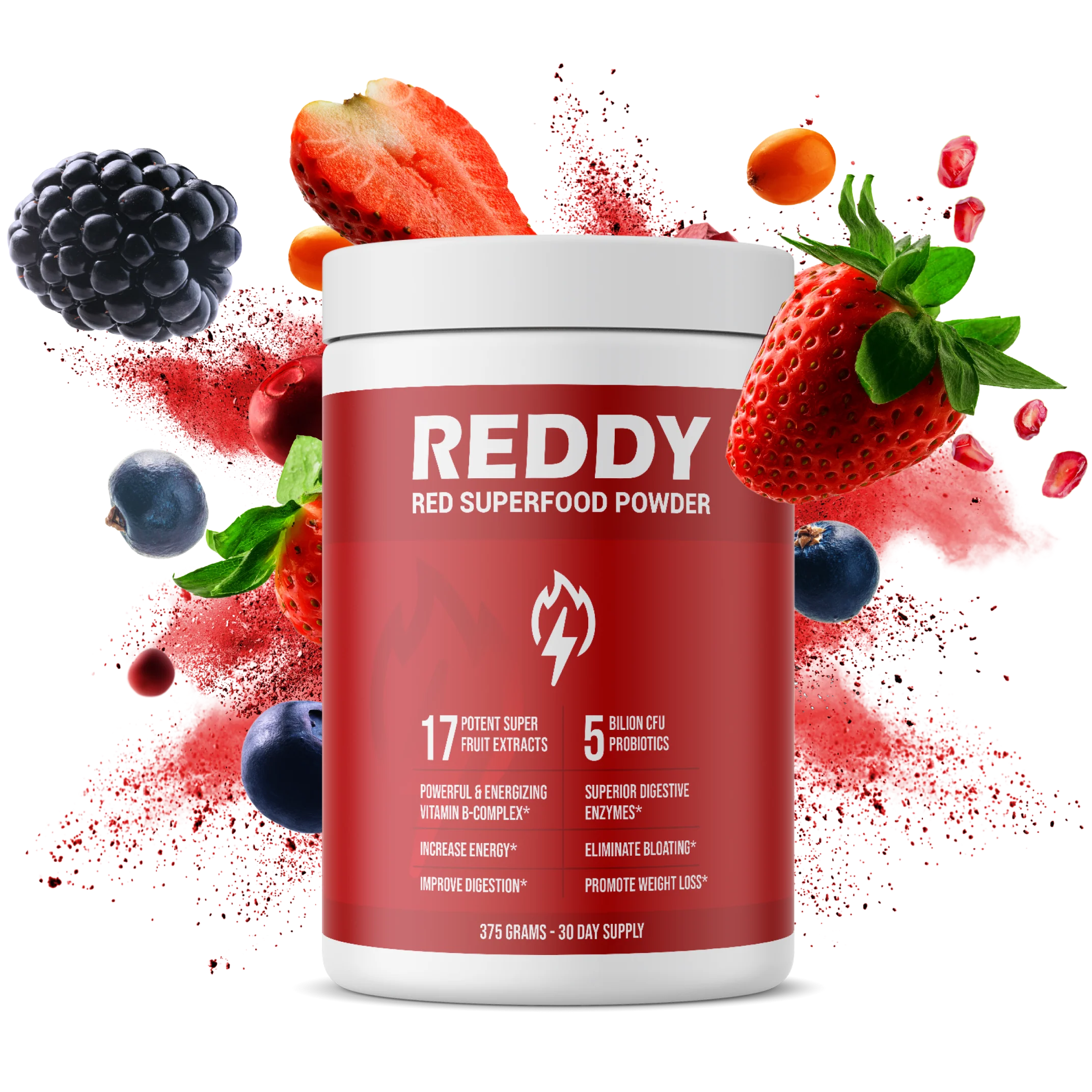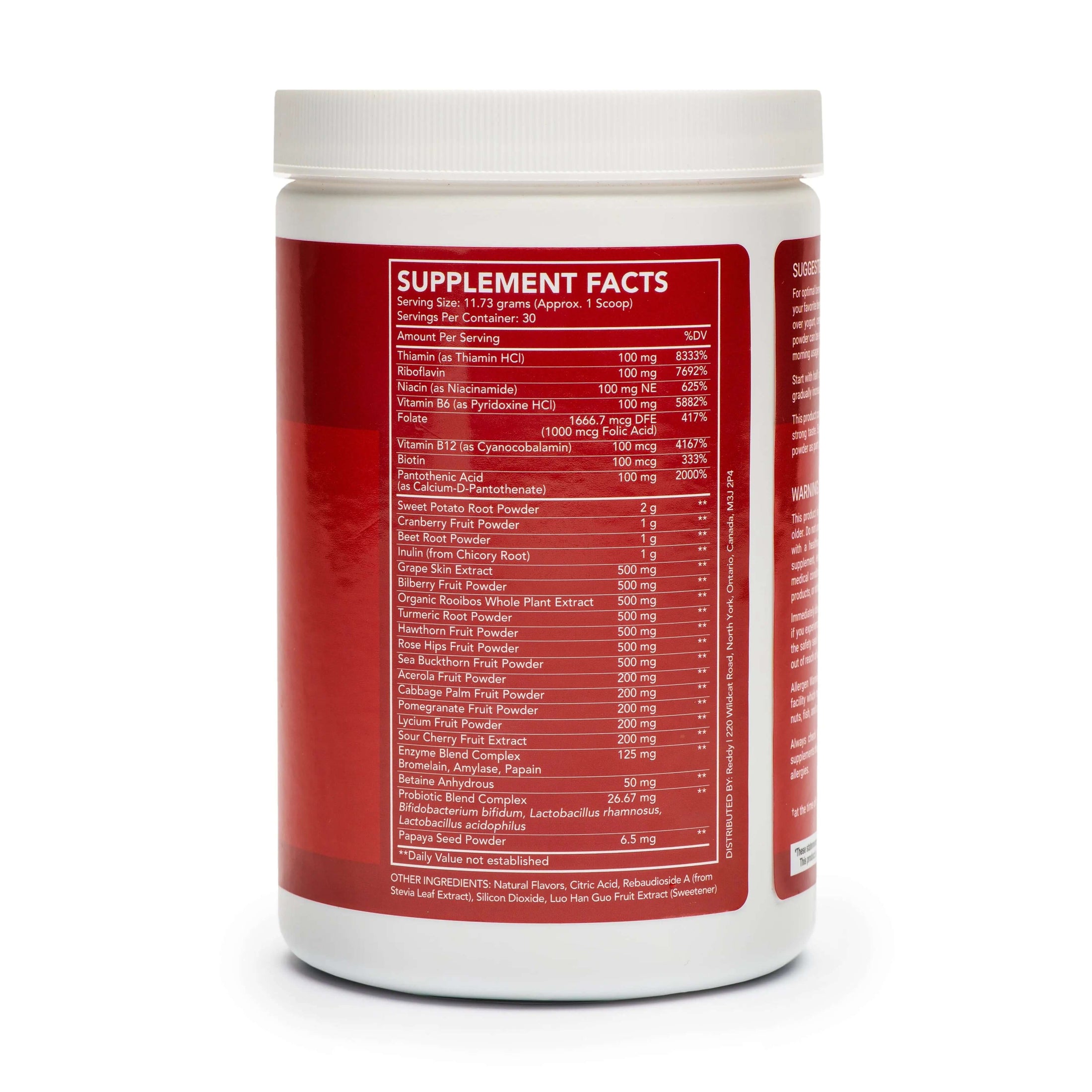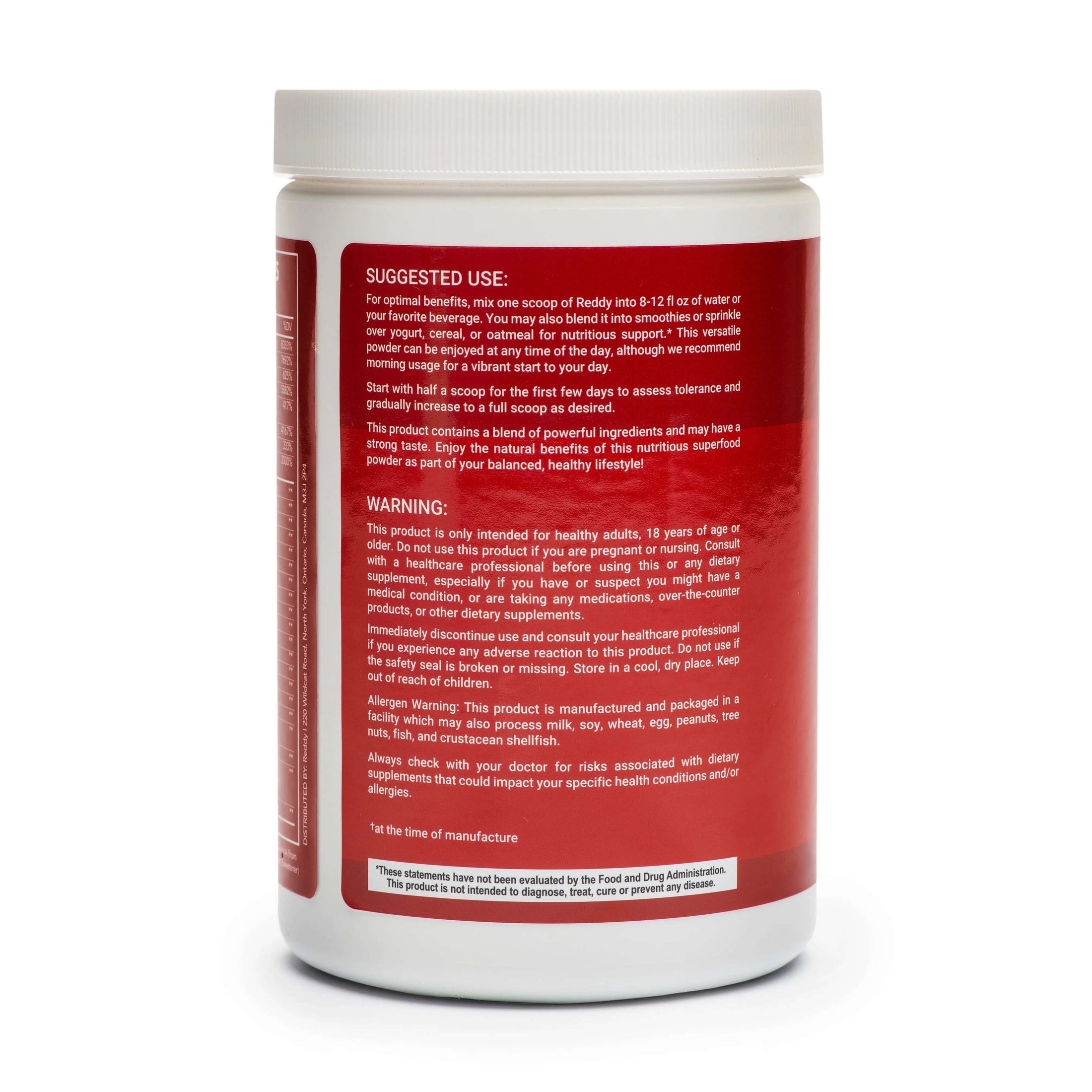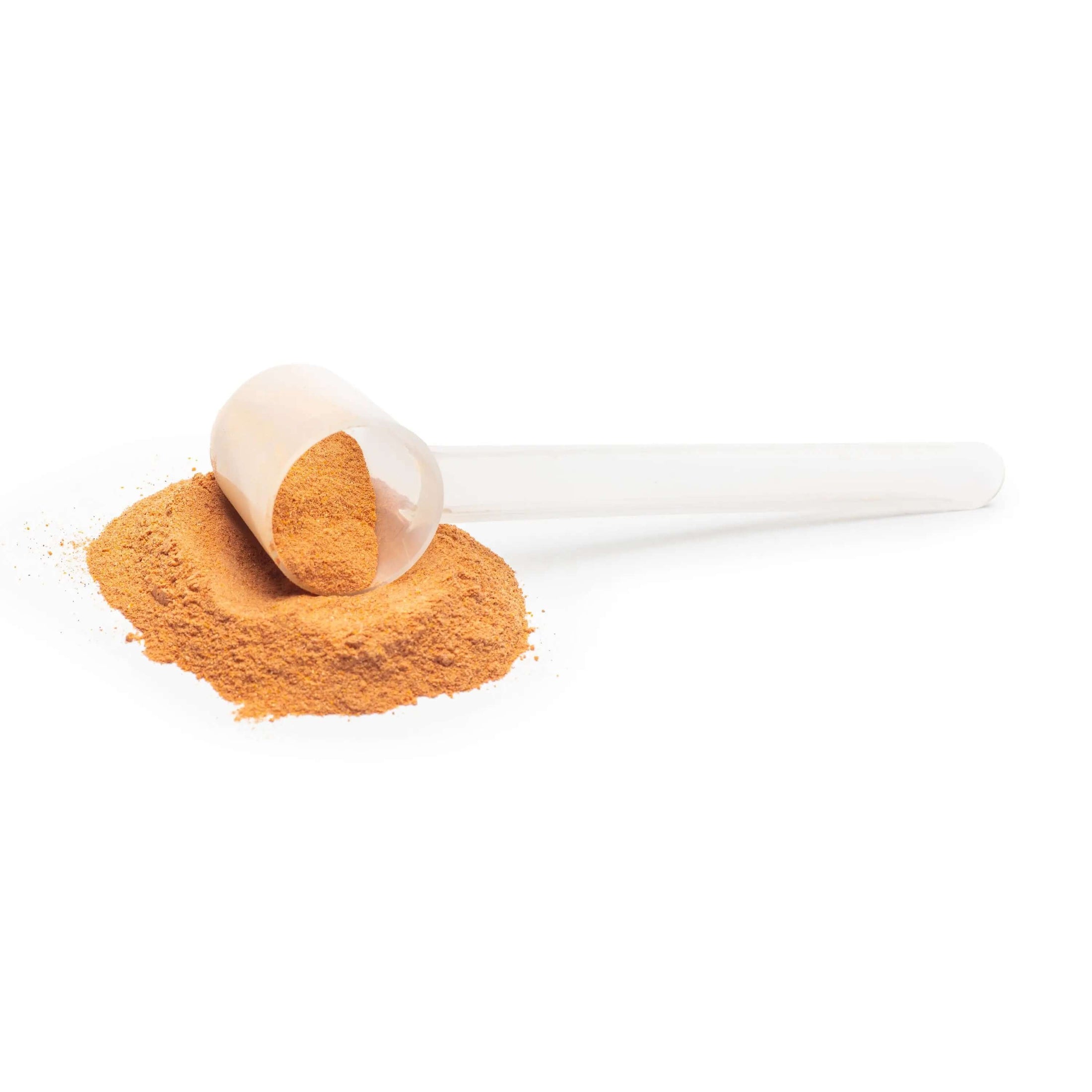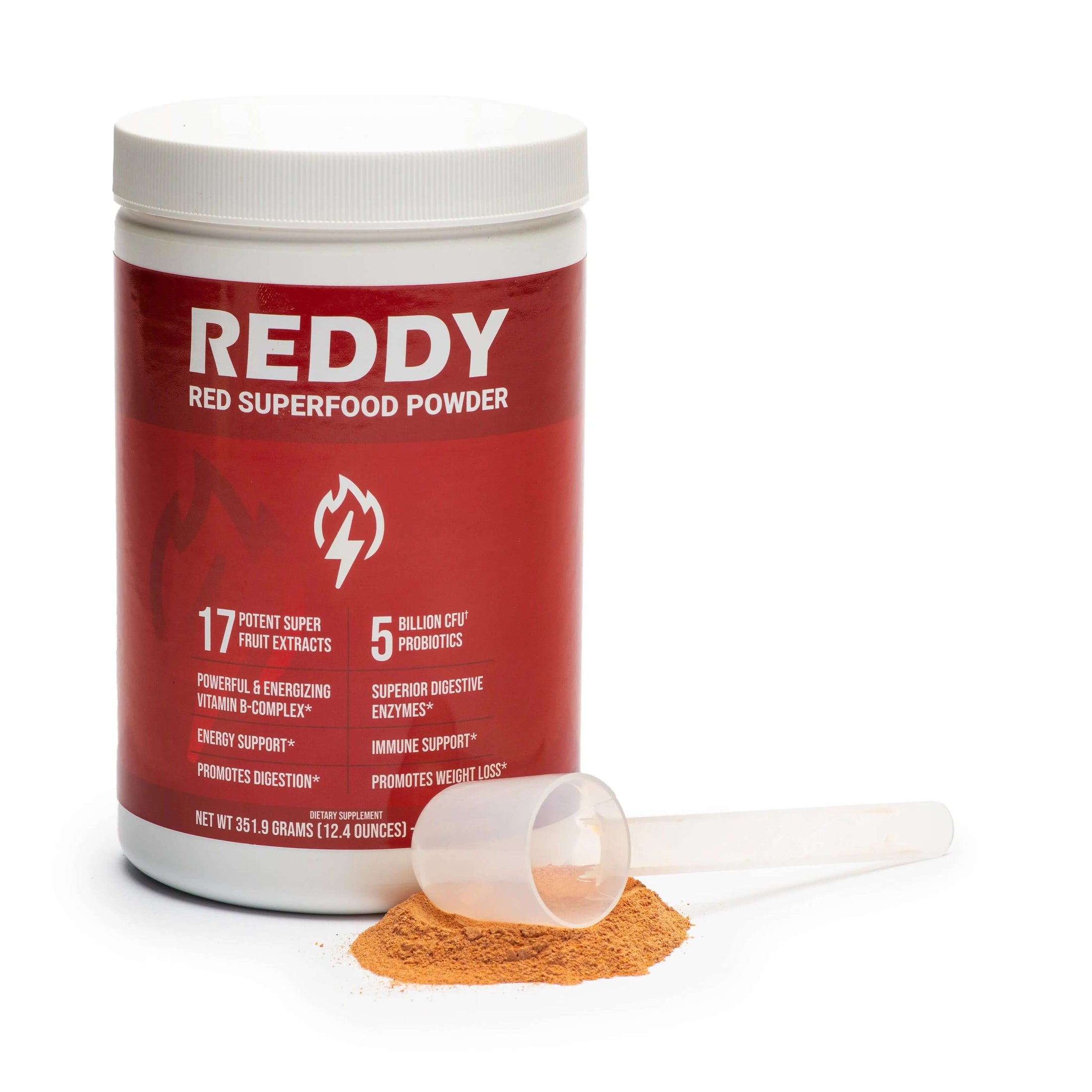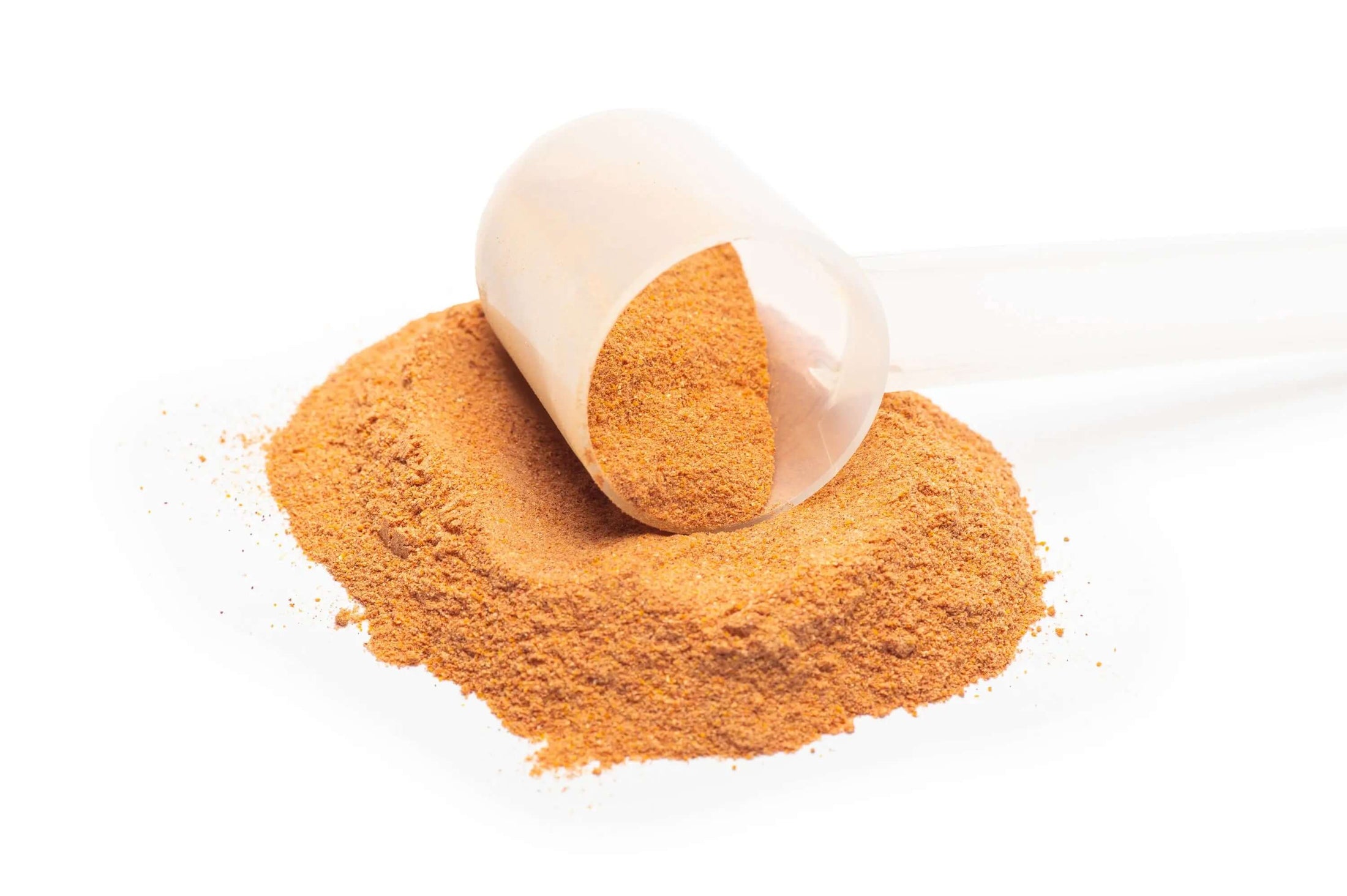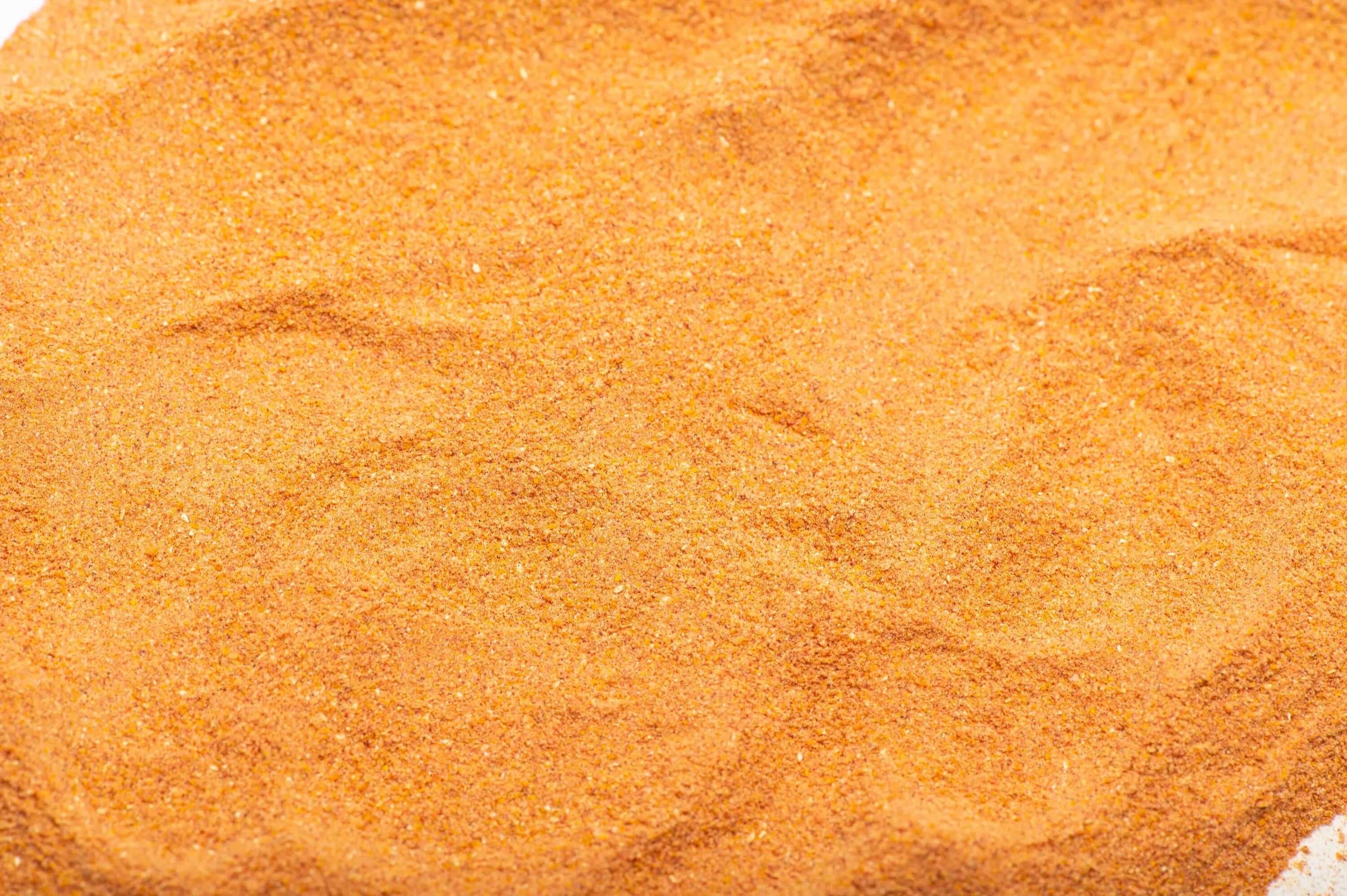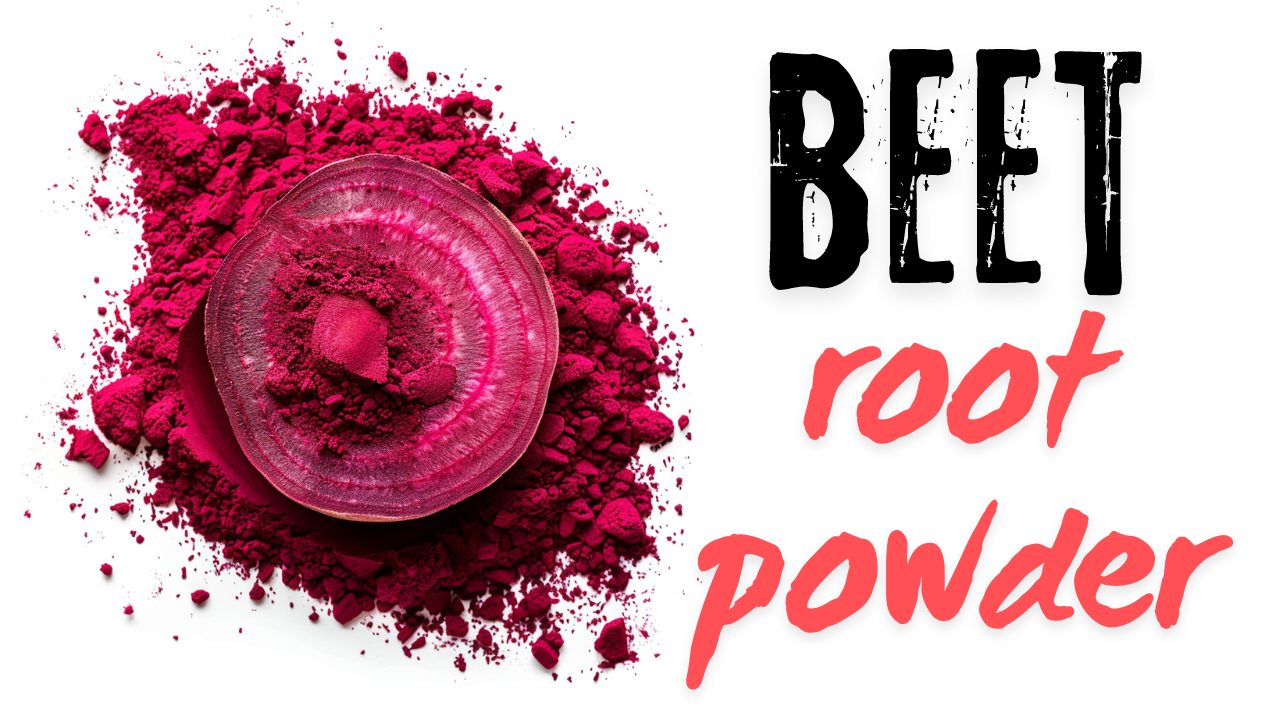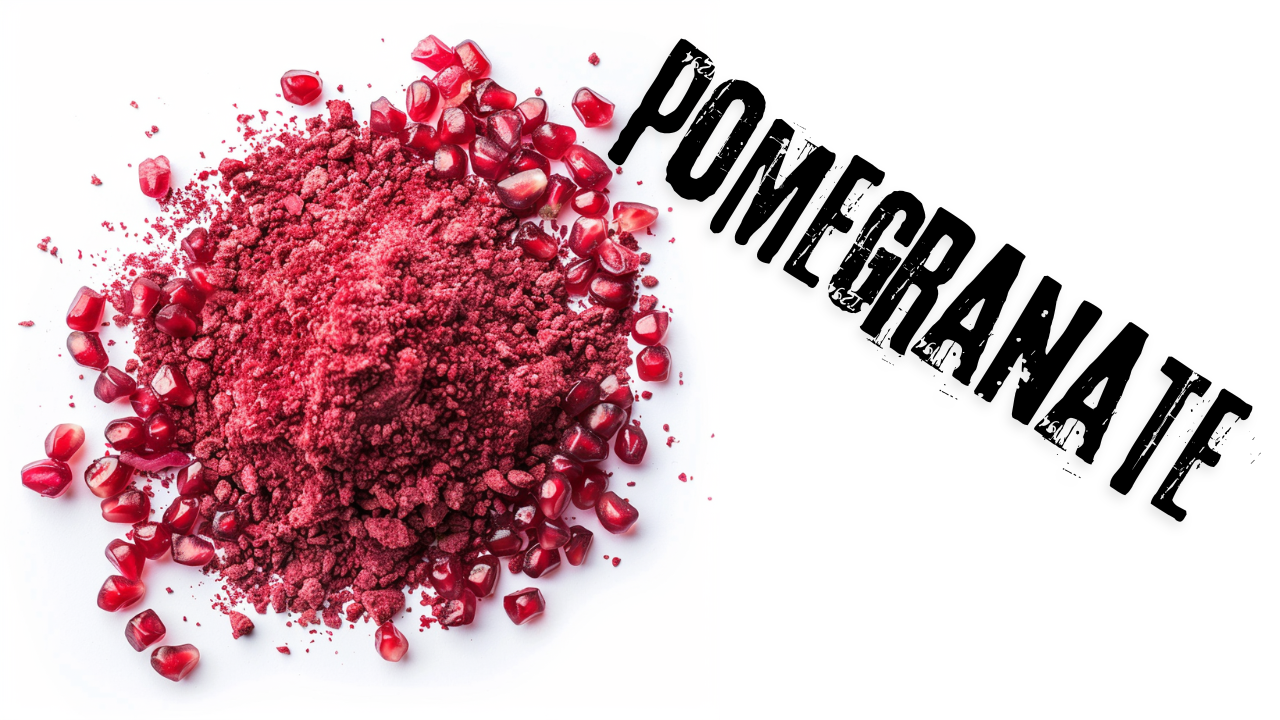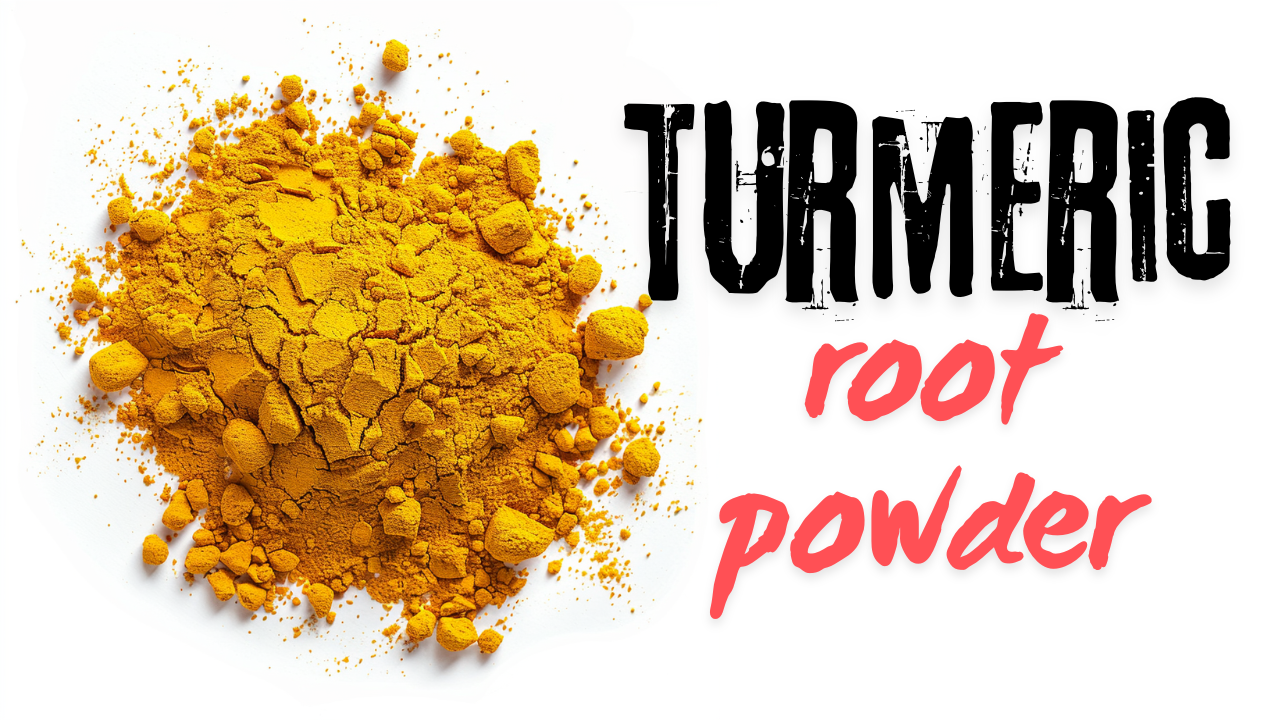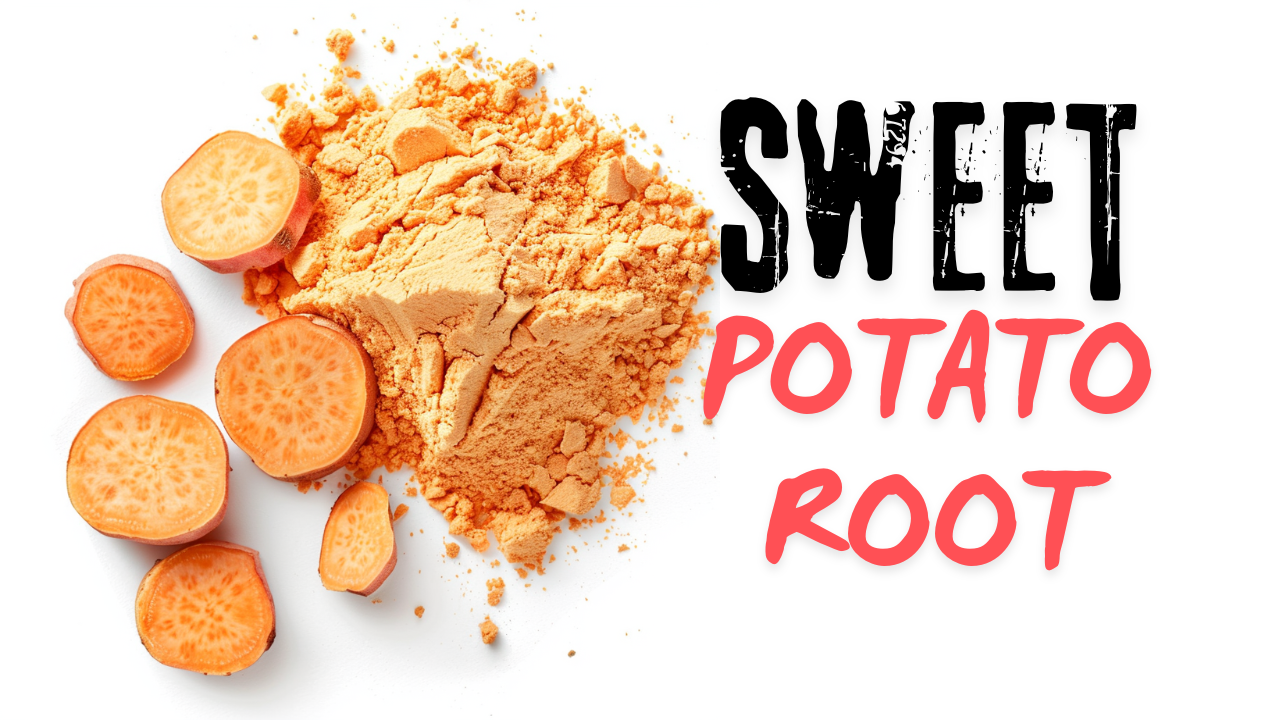Boosting your immune system is a multifaceted approach that involves adopting a range of healthy lifestyle habits. While no specific food or supplement can prevent illness alone, certain lifestyle changes can strengthen your body's natural defenses. Here’s a comprehensive guide to boosting your immune system:
1. Maintain a Balanced Diet
- Fruits and Vegetables: Rich in vitamins, minerals, and antioxidants that help combat oxidative stress and reduce inflammation.
- Protein-Rich Foods: Essential for immune cell production. Include lean meats, poultry, fish, eggs, dairy, legumes, and nuts.
- Healthy Fats: Found in foods like olive oil, avocados, and fish. Omega-3 fatty acids in particular can help reduce inflammation.
- Fermented Foods and Probiotics: Yogurt, kefir, sauerkraut, and kimchi support gut health, a crucial component of the immune system.
- Stay Hydrated: Proper hydration is key for overall health, including immune function.
2. Regular Exercise
- Moderate-Intensity Activity: Such as brisk walking, cycling, or swimming, can help boost the immune system.
- Avoid Overexertion: Extremely intense exercise without adequate rest can suppress immune function.
3. Adequate Sleep
- Sufficient Rest: Adults should aim for 7-8 hours of quality sleep per night.
- Sleep Hygiene: Create a restful environment and maintain a consistent sleep schedule.
4. Stress Management
- Chronic Stress: Negatively impacts immune function. Techniques like meditation, yoga, deep breathing exercises, and mindfulness can help manage stress.
- Leisure Activities: Engage in hobbies and activities you enjoy to reduce stress levels.
5. Hygiene Practices
- Hand Washing: Regular and thorough hand washing is crucial for preventing the spread of infections.
- Avoid Touching Your Face: Especially with unwashed hands, to reduce the risk of transferring viruses and bacteria.
6. Supplements (If Necessary)
- Vitamin C, D, and Zinc: Can support immune health. Consult a healthcare provider before starting any new supplement.
- Herbal Supplements: Echinacea, elderberry, and astragalus have been used to support immune health, though more research is needed.
7. Avoid Smoking and Limit Alcohol Consumption
- Smoking: Impairs immune function and increases vulnerability to infections.
- Moderate Alcohol Use: Excessive alcohol consumption can weaken the immune system and make the body more susceptible to infections.
8. Maintain a Healthy Weight
- Obesity: Can affect the immune response. A healthy diet and regular physical activity can help maintain a healthy weight.
9. Consider Prebiotics and Probiotics
- Gut Health: A significant portion of the immune system is in the gut, so maintaining a healthy gut flora is important.
Conclusion
Enhancing your immune system is about making healthier lifestyle choices. A combination of a balanced diet, regular exercise, adequate sleep, stress management, good hygiene practices, and possibly the use of supplements can help strengthen your immune response. However, it's always advisable to consult with healthcare professionals for personalized advice, especially when considering supplements or major lifestyle changes. Remember, no single food or supplement can "boost" your immune system instantaneously; it's a comprehensive approach that makes the difference.




